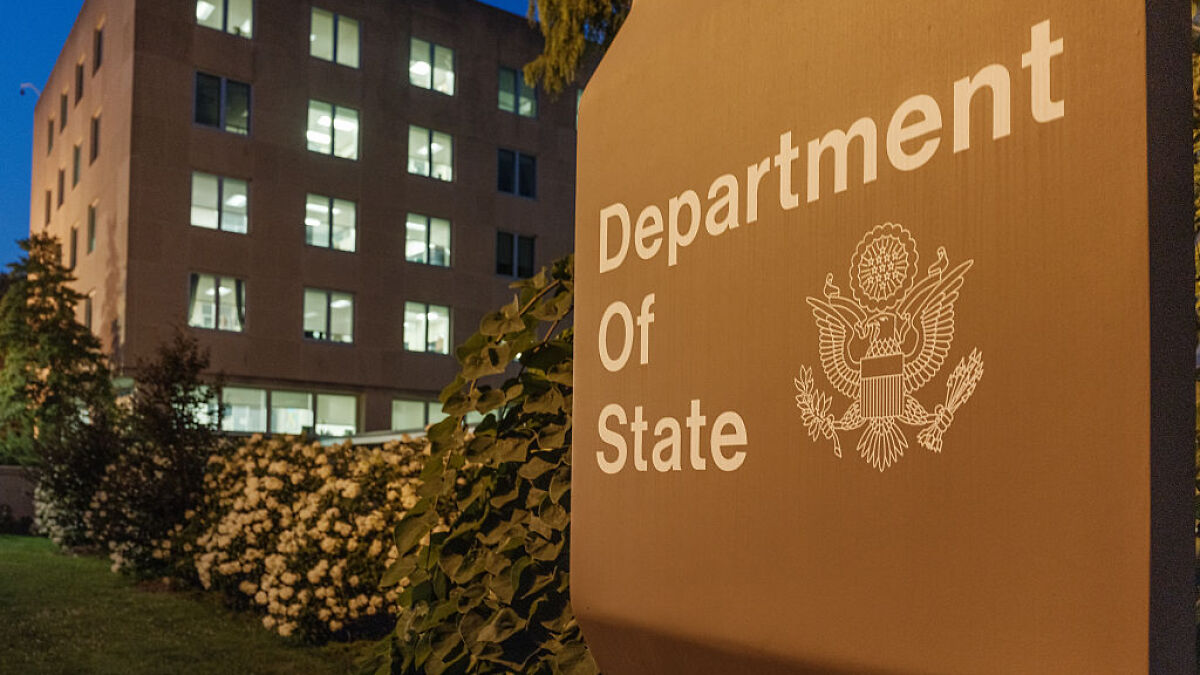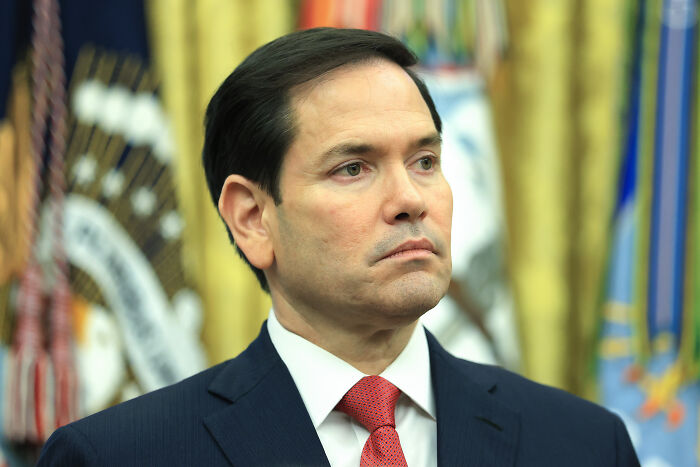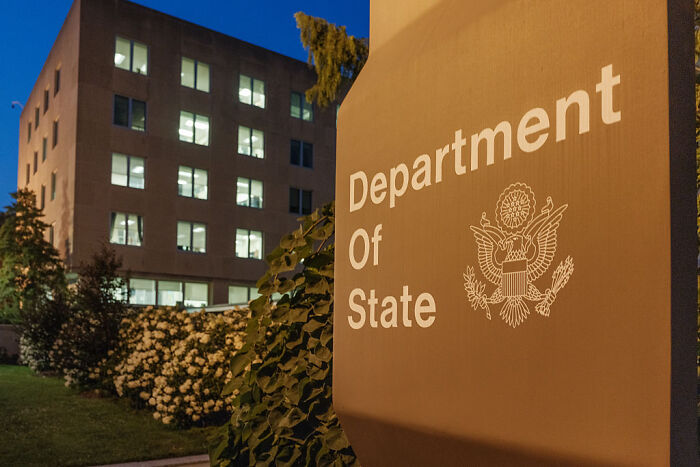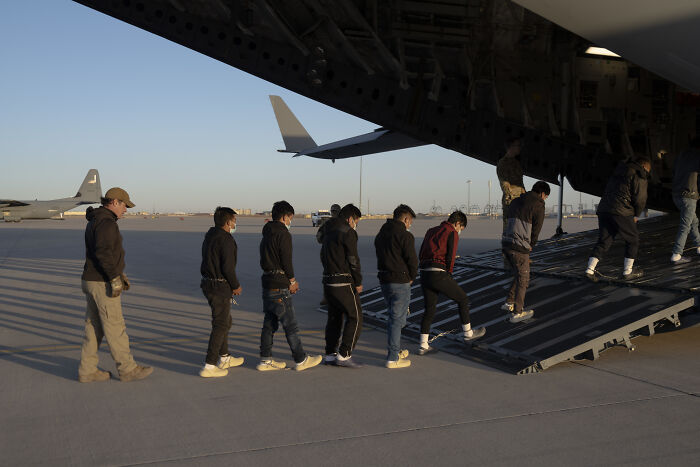Some travellers visiting the U.S. will be required to pay up to a $15,000 bond to secure a visa under a new State Department pilot scheme.
The scheme, due to take effect on August 20, will not impact countries participating in the Visa Waiver Program (VWP), Canada, or Mexico.
Rules will affect travellers from countries the U.S. deems to have a high visa overstay rate when they are applying for visas as temporary visitors for business or pleasure.
- A new U.S. pilot program requires some foreign visitors to pay up to $15,000 bonds for visas, starting August 20.
- The bond scheme targets travelers from countries with high visa overstay rates and weak screening processes.
- Countries offering citizenship by investment without residency may face tighter vetting under the program.
- Consular officers can set bonds at $5,000, $10,000, or $15,000 based on applicant risk and removal cost estimates.
The State Department pilot scheme will commence on August 20
Image credits: Joe Raedle/Getty Images
Countries deemed to have insufficient screening and vetting processes will also be impacted.
Offering citizenship by investment (CBI), if immigrants obtain citizenship with no residency requirement, may also be subject to the pilot program.
A temporary final notice detailing the pilot scheme, which will run for one year, was posted to the Federal Register on Wednesday.
The full list of countries that will be subject to the new rules has not yet been officially announced.
“The Pilot Program is a tool of diplomacy, intended to encourage foreign governments to take immediate action to reduce the overstay rates of their nationals when traveling to the United States for temporary visits, and to encourage countries to improve screening and vetting and the security of travel and civil documents, including in the granting of citizenship,” the notice read.
Image credits: J. David Ake/Getty Images
The department said that nationals of countries with CBI, who obtained citizenship without any residence requirement, “are sometimes able to undergo a name change to conceal past criminal or other illicit ties, and are not tied to the host country`s screening and vetting apparatus.”
The three options for bond requirements are $5,000, $10,000, and $15,000, but the department will require the standard bond to be set at $10,000.
However, consular officers will be afforded discretion to choose a bond amount that is “sufficient enough” to ensure there is no visa overstay, while taking into account the applicant’s individual circumstances.
If individual circumstances mean an applicant is unable to afford the standard $10,000 bond but is able to finance all travel expenses during their stay, this will be reduced to $5,000.
Likewise, if officers believe an individual’s circumstances mean $10,000 wouldn’t cover the cost of their removal if they overstayed their visa, they can increase the bond to $15,000.
According to the Department of Homeland Security (DHS), the cost of removal if someone overstays their visa is estimated at approximately $17,121 per person.
Image credits: Dept. of Defense photo by U.S. Army Sgt. 1st Class Nicholas J. De La Pena
Historically, department guidance has discouraged bonds for visas due to concerns of “possible misperception” of a bond requirement by the public.
“This view of a bond requirement is not supported by any recent examples or evidence, as visa bonds have not generally been required in any recent period, notwithstanding a 2020 pilot program that did not provide any substantive data,” the notice reads.
It comes amid U.S. President Donald Trump’s massive immigration crackdown.
Trump has stepped up deportation efforts and introduced stricter conditions on student visas.
Earlier this year, he signed a sweeping travel ban for 12 countries and strict limits on a further seven.
That ban includes Afghanistan, Myanmar, Chad, the Republic of the Congo, Equatorial Guinea, Eritrea, Haiti, Iran, Libya, Somalia, Sudan, and Yemen.
Heightened restrictions are placed on Burundi, Cuba, Laos, Sierra Leone, Togo, Turkmenistan, and Venezuela.
Trump said the decision was based on high visa overstay rates, terrorism links, inadequate vetting processes, failure to accept citizens back, and lack of cooperation.
Fine by me. I already canceled my 2025 trip six months ago. And I am not even from the listed countries.
Fine by me. I already canceled my 2025 trip six months ago. And I am not even from the listed countries.









15
1